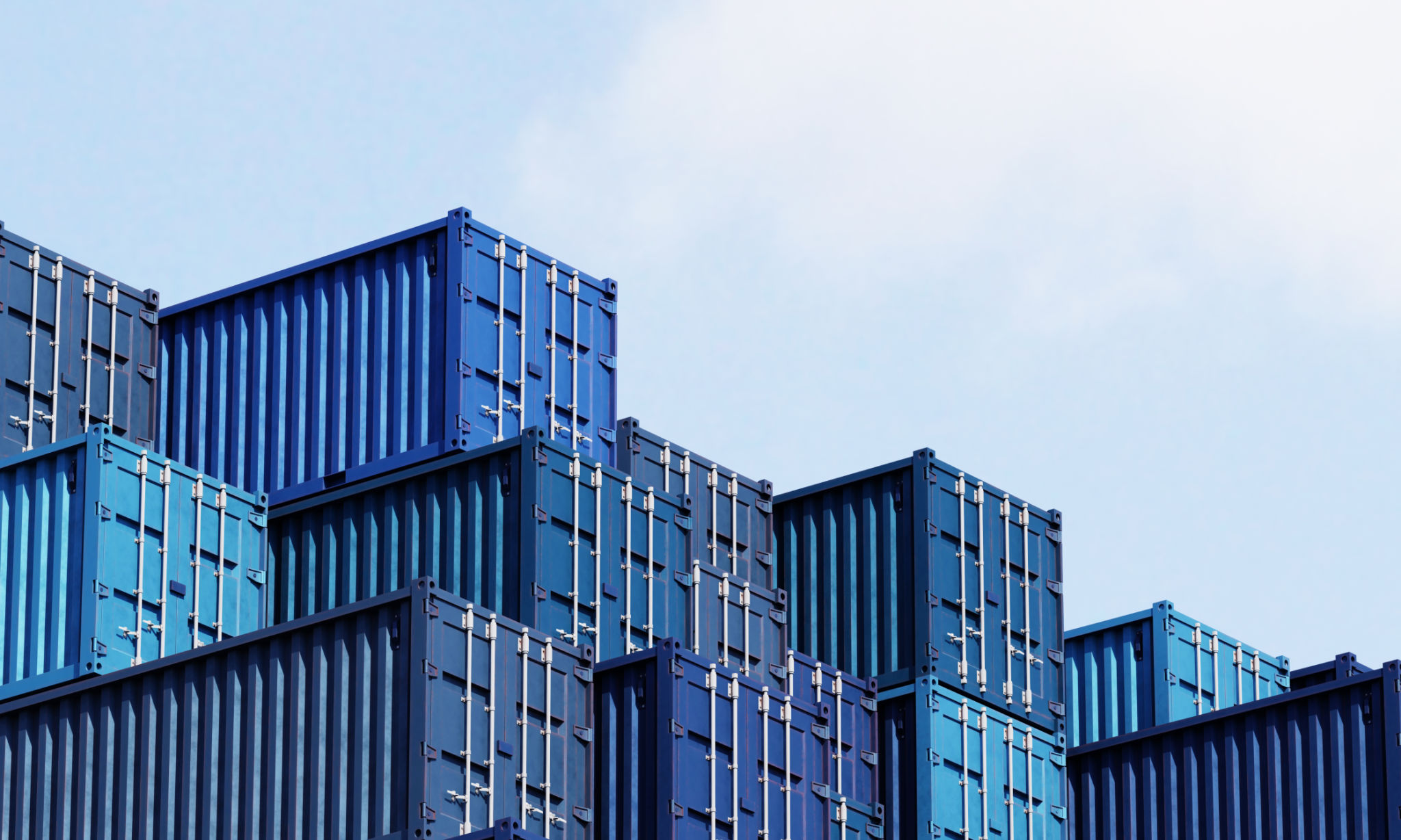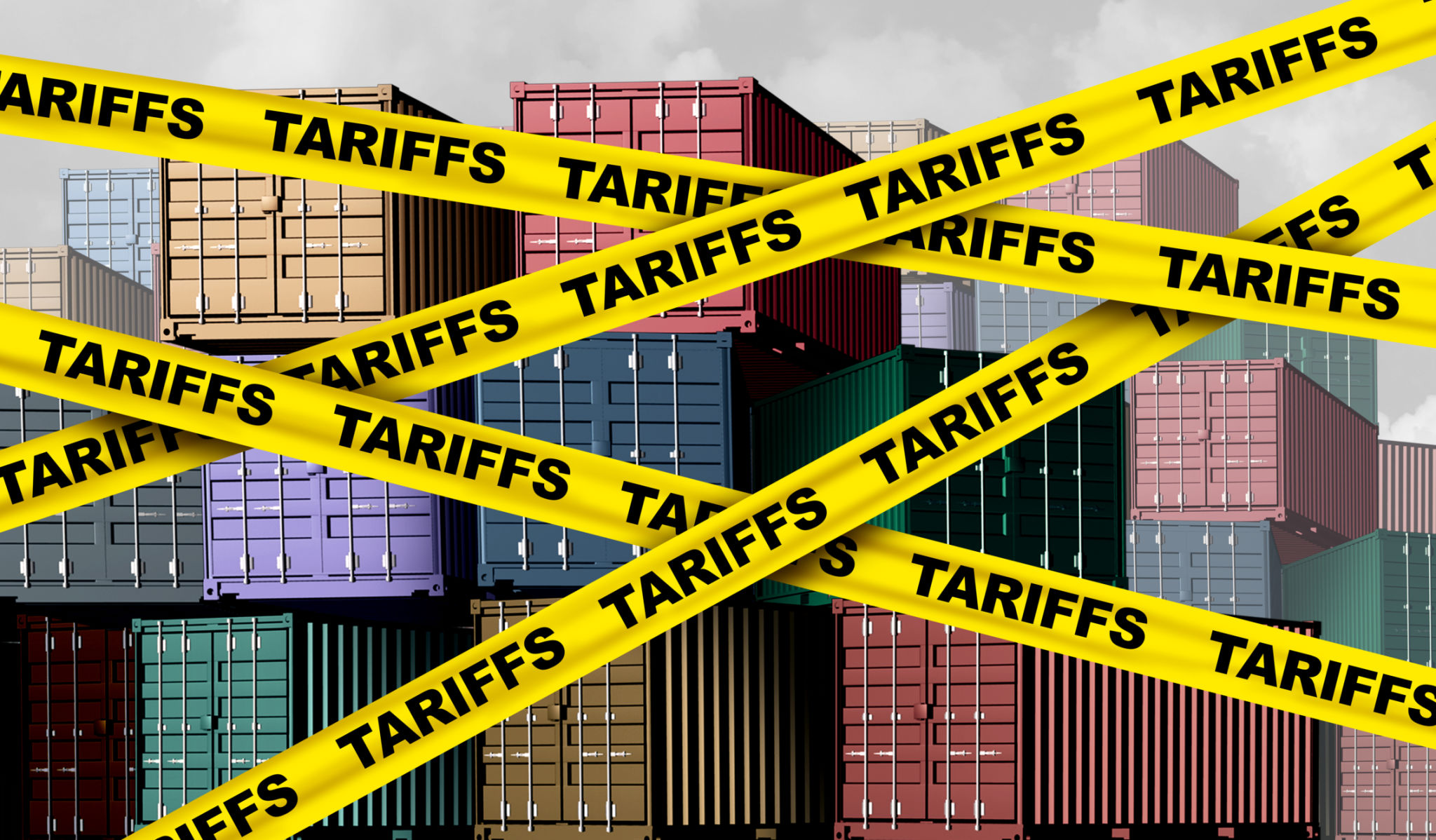Why Dubai is the Ultimate Hub for Global Oil Trade
Strategic Location and Accessibility
Dubai's strategic location at the crossroads of Europe, Asia, and Africa makes it a prime hub for the global oil trade. Situated along the Persian Gulf, Dubai provides direct access to one of the world's richest oil-producing regions. This geographic advantage allows for efficient transportation and distribution networks, ensuring that oil can be quickly moved to markets worldwide.
The city's world-class infrastructure, including its expansive ports and logistics facilities, further enhances its accessibility. Jebel Ali Port, for instance, is one of the busiest and most technologically advanced ports in the region, capable of handling a high volume of oil shipments.

Business-Friendly Environment
Dubai's commitment to maintaining a business-friendly environment is another key factor in its status as an oil trade hub. The city offers a host of incentives to international businesses, including tax-free zones and minimal regulatory barriers. This pro-business approach attracts leading oil companies, traders, and investors from around the globe, fostering a competitive and dynamic market.
Moreover, the Dubai government has implemented policies that prioritize stability and predictability in trade practices, ensuring that businesses can operate with confidence in the long term.

Advanced Financial Services
The availability of advanced financial services is crucial for facilitating global oil transactions. Dubai boasts a robust financial sector that supports complex trading activities. The Dubai International Financial Centre (DIFC) provides a comprehensive range of financial services tailored to the needs of the oil trade, including banking, investment management, and insurance.
This financial ecosystem enables companies to manage risks effectively, secure funding, and capitalize on market opportunities, making Dubai an attractive destination for oil traders.
Technological Innovation
Embracing technological innovation is at the heart of Dubai's strategy to remain a leading hub for the oil trade. The city invests heavily in digital infrastructure and cutting-edge technologies that enhance efficiency and transparency in trading operations. Blockchain technology, for instance, is being utilized to streamline supply chain processes and ensure secure transactions.
By fostering a culture of innovation, Dubai not only improves its competitiveness in the oil market but also sets a benchmark for other trading hubs globally.

Diverse Economic Base
While oil remains a critical component of Dubai's economy, the city has successfully diversified its economic base. This diversification provides stability against fluctuations in global oil prices and ensures sustained growth. Sectors such as tourism, real estate, and finance contribute significantly to the economy, creating a balanced and resilient marketplace.
This diverse economic foundation attracts a wide range of international businesses and investors, further solidifying Dubai's position as a central player in the global oil trade.
Strong International Relations
Dubai's strong diplomatic ties with major oil-producing and consuming nations enhance its role as an intermediary in the global oil trade. The city actively participates in international forums and trade agreements, promoting cooperation and collaboration across borders.
These international relations enable Dubai to play a pivotal role in mediating between different stakeholders in the oil industry, fostering a stable and integrated global market.

Conclusion
In conclusion, Dubai's strategic location, business-friendly environment, advanced financial services, commitment to technological innovation, diverse economic base, and strong international relations collectively make it the ultimate hub for global oil trade. As the world continues to evolve, Dubai is poised to maintain its leadership position by adapting to new challenges and seizing emerging opportunities in the energy sector.